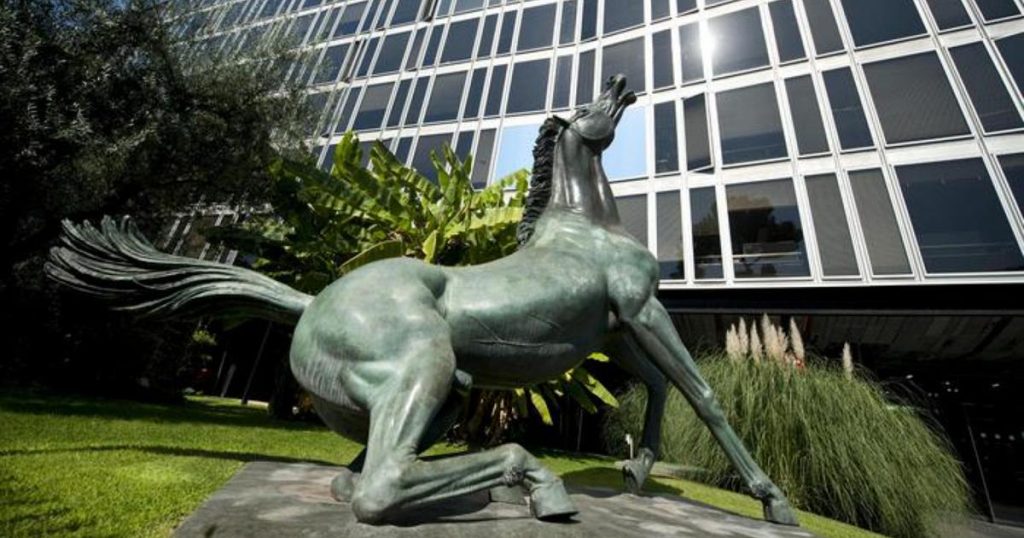Today, the Chambers are expected to vote on the four members of the Rai CDA appointed by parliament, while the Treasury is expected to designate the CEO and president to be submitted to the Council of Ministers. The majority is pushing ahead with the renewal of the Rai leadership and is open to the opposition’s request to quickly initiate the reform of public television. Both the M5s and Avs welcome this step, confirming their participation in the vote for the four parliamentary-appointed councilors with the stated goal of not leaving the door open to the Meloni government. The Pd, on the other hand, after a day of meetings, decided not to vote in a meeting of the Chamber and Senate groups, where the secretary Elly Schlein reiterated the choice not to vote because, as she explained, “there is no reason to renew the CDA, as they already control Rai.”
The vote on the members of the Rai CDA appointed by parliament is a key issue being discussed in the Italian political landscape. The majority, which is pushing for the renewal of the Rai leadership and considering the opposition’s request for a speedy reform of public television, is seen as a significant step in shaping the future direction of the media landscape in Italy. The decision by the M5s and Avs to participate in the vote aims to prevent the Meloni government from gaining an advantage, while the Pd’s choice not to vote reflects their belief that the current CDA already has sufficient control over Rai.
The role of the Treasury in designating the CEO and president of Rai to be submitted to the Council of Ministers adds another layer of complexity to this issue. The appointment of these key positions will have a significant impact on the direction and management of Rai, and the decision-making process surrounding these appointments is closely watched by various political parties and stakeholders. The decision-making process surrounding these appointments is likely to have far-reaching implications for the future of public broadcasting in Italy, and is a topic of significant debate and discussion within the political sphere.
The differing stances of the various political parties in Italy on the issue of the Rai CDA appointments reflect the broader political landscape and power dynamics within the country. The decision by the Pd not to vote, in contrast to the decision by the M5s and Avs to participate, demonstrates the differing approaches to governance and political strategy among the various parties. The outcome of the vote on the Rai CDA appointments is set to have a significant impact on the future of public broadcasting in Italy, and is likely to shape the media landscape in the country for years to come.
Overall, the debate and decision-making process surrounding the Rai CDA appointments in Italy highlight the complex interplay of political interests, power dynamics, and strategic considerations within the Italian political landscape. The various positions taken by the different political parties on this issue reflect their differing priorities, strategies, and approaches to governance. The outcome of the vote and the subsequent appointments to key positions within Rai will have far-reaching implications for the future direction of public broadcasting in Italy, and will continue to be a subject of debate and discussion in the political sphere. The decision-making process surrounding these appointments is likely to shape the media landscape in Italy for years to come.















